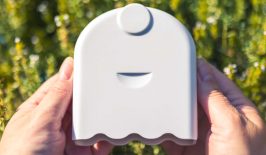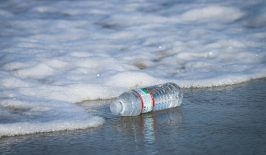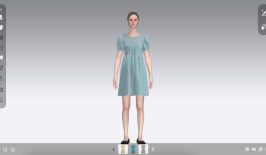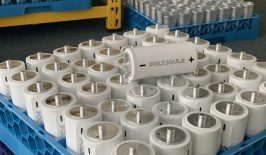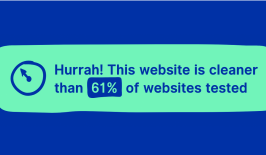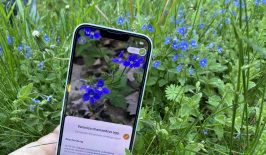Negative environmental impacts characterise the lifecycle of electronic devices. Their manufacture and disposal is often associated with poor working conditions, high CO2 emissions, and environmental degradation. But there are ways to choose electronics that are more sustainable or are already second-hand.
How does Commown work?
Commown goes one step further. Via its digital platform, the cooperative offers sustainably manufactured and modular products such as smartphones, headphones, laptops and computers with a comprehensive rental service.
In order to minimise the negative effects of the lifecycle, Commown strives to maximize the service life of electronic products. To that end, repairable and durable devices are particularly suitable. In contrast to the manufacturer, the cooperative is therefore interested in supporting the owners of electronics throughout their use by making the devices usable for as long as possible.
However, rental companies can also develop an interest in frequent repairs or other costly services. For this reason, Commown has opted to incorporate as a non-profit cooperative. This means that profit maximisation takes a back seat. At the same time, every customer can participate in the cooperative and make a meaningful contribution.
What are the advantages of the concept?
In addition to the obvious advantage of using sustainable devices, there are other arguments in favour of the Commown concept. For example, the approach is often cheaper over the entire service life than conventional device purchases, as the rented electronic product can often be used for longer and no additional costs are incurred for servicing. In addition, this approach counteracts the common model of selling devices with structurally planned obsolescence.
There are currently more than 4000 rented devices in operation via Commown. If interest and demand for this and similar concepts increases, this could lead to a long-term rethink in the electronics sector, with more manufacturers, sales outlets, and platforms committed to sustainable solutions.


